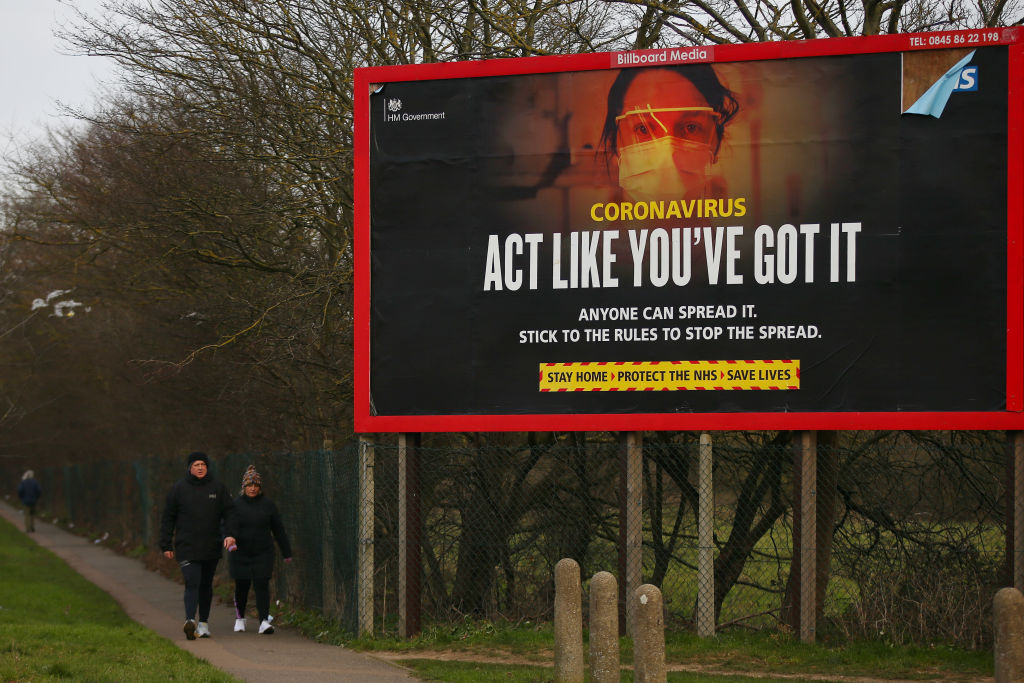Imperial College’s REACT study is given a prominence over other Covid data, but it is a struggle to understand why. This morning, as so often, BBC news bulletins included the latest tranche of results from the study, suggesting that the fall in new Covid infections is ‘slowing’.
The data appears to confirm a deceleration in the fall in infections that was evident in the Test and Trace figures a fortnight ago – and which I wrote about here a week ago – but which has since been reversed. React seems to be telling us a story which we could equally glean much earlier from the PHE figures.
The apparent slowdown in the fall in new infections was linked in this morning’s Today programme to the possibility that people are become more blasé about Covid rules
The results published today cover round 9 of the React study, which swabbed 165,456 people between 4 February and 23 February, 689 of whom were found to be infected.
The results are divided into two: round 9a, referring to swabs taken between 4 and 12 February and round 9b, taken between 13 and 23 February.

Get Britain's best politics newsletters
Register to get The Spectator's insight and opinion straight to your inbox. You can then read two free articles each week.
Already a subscriber? Log in








Comments
Join the debate for just £1 a month
Be part of the conversation with other Spectator readers by getting your first three months for £3.
UNLOCK ACCESS Just £1 a monthAlready a subscriber? Log in